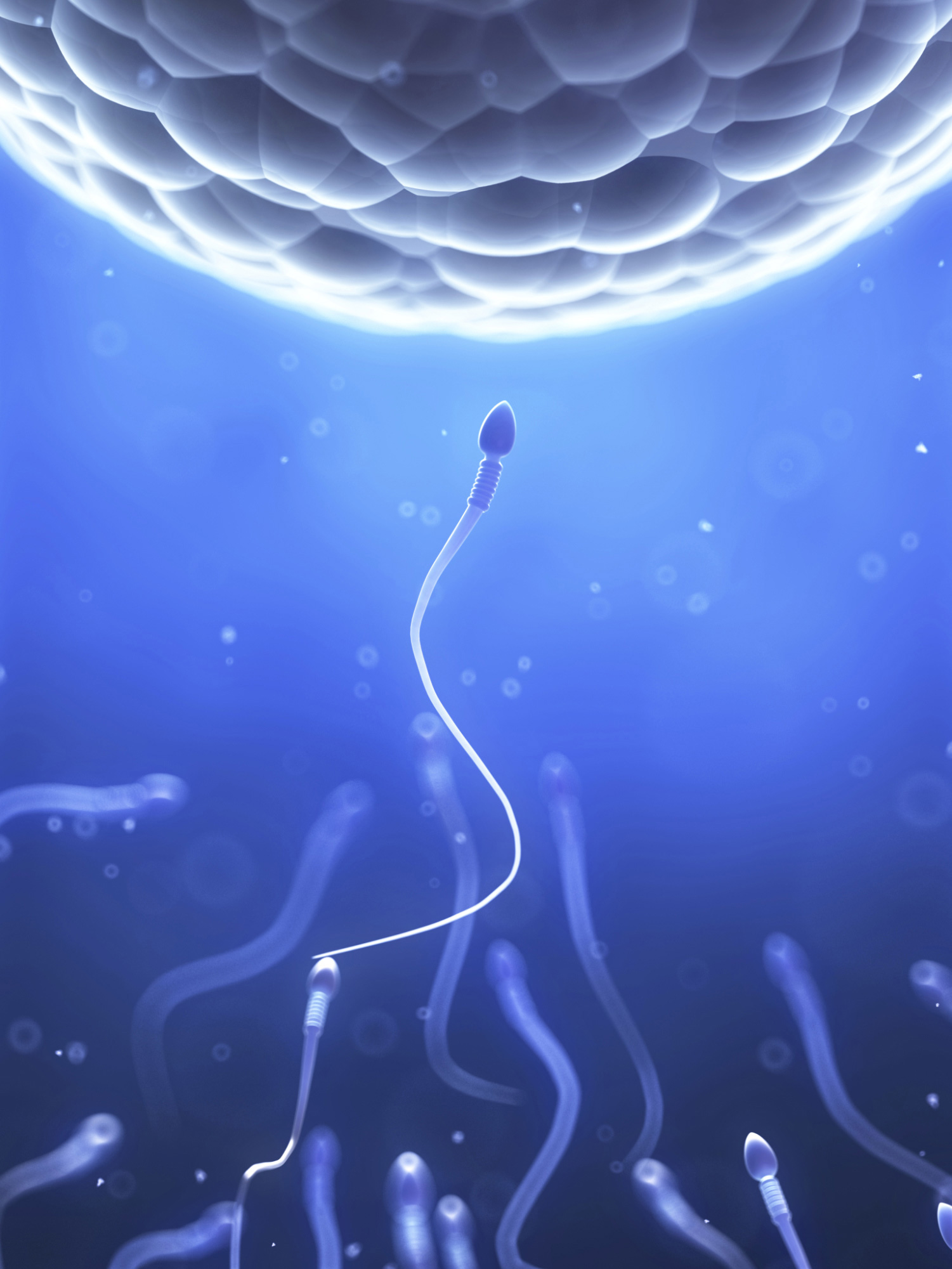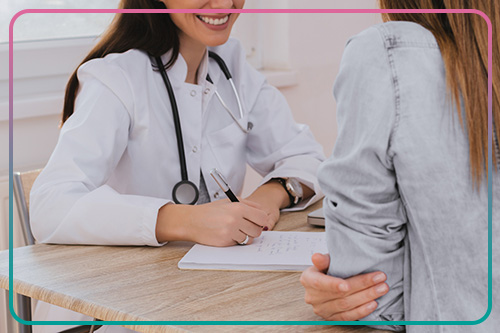If you and your partner are planning a pregnancy, you might be wondering about the health of your sperm. Understand the factors that can affect male fertility — then consider steps to help your sperm achieve your goal.
What determines sperm health?
Male reproductive system
Sperm health depends on various factors, including quantity, movement, and structure:
- Quantity. You're most likely to be fertile if your ejaculate — the semen discharged in a single ejaculation — contains at least 15 million sperm per milliliter. Too little sperm in an ejaculation might make it more difficult to get pregnant because there are fewer candidates available to fertilize the egg.
- Movement. To reach and fertilize an egg, sperm must move — wriggling and swimming through a woman's cervix, uterus, and fallopian tubes. This is known as motility. You're most likely to be fertile if at least 40% of your sperm are moving.
- Structure (morphology). Normal sperm have oval heads and long tails, which work together to propel them. While not as important a factor as sperm quantity or movement, the more sperm you have with a normal shape and structure, the more likely you are to be fertile.
What causes male fertility problems?
Various medical issues can contribute to male fertility problems, including:
- A problem in the hypothalamus or the pituitary gland — parts of the brain that signal the testicles to produce testosterone and sperm (secondary hypogonadism)
- Testicular disease
- Sperm transport disorders
Age can also play a role. The ability of sperm to move and the proportion of normal sperm tend to decrease with age, affecting fertility, especially after age 50.
What's the best way to produce healthy sperm?
You can take simple steps to increase your chances of producing healthy sperm. For example:
- Maintain a healthy weight. Some research suggests that increasing body mass index (BMI) is linked with decreasing sperm count and sperm movement.
- Eat a healthy diet. Choose plenty of fruits and vegetables, which are rich in antioxidants — and might help improve sperm health.
- Prevent sexually transmitted infections (STIs). Sexually transmitted infections — such as chlamydia and gonorrhea — can cause infertility in men. To protect yourself, limit your number of sexual partners and use a condom each time you have sex — or stay in a mutually monogamous relationship with a partner who isn't infected.
- Manage stress. Stress can decrease sexual function and interfere with the hormones needed to produce sperm.
- Get moving. Moderate physical activity can increase levels of powerful antioxidant enzymes, which can help protect sperm.
What's off-limits?
Sperm can be especially vulnerable to environmental factors, such as exposure to excessive heat or toxic chemicals. To protect your fertility:
- Don't smoke. Men who smoke cigarettes are more likely to have low sperm counts. If you smoke, ask your doctor to help you quit.
- Limit alcohol. Heavy drinking can lead to reduced testosterone production, impotence, and decreased sperm production. If you drink alcohol, do so in moderation.
- Avoid lubricants during sex. While further research is needed on the effects of lubricants on fertility, consider avoiding lubricants during intercourse. If necessary, consider using baby oil, canola oil, egg white, or a fertility-friendly lubricant, such as Pre-Seed.
- Talk to your doctor about medications. Calcium channel blockers, tricyclic antidepressants, anti-androgens, and other medications can contribute to fertility issues. Anabolic steroids can have the same effect.
- Watch out for toxins. Exposure to pesticides, lead and other toxins can affect sperm quantity and quality. If you must work with toxins, do so safely. For example, wear protective clothing and equipment, and avoid skin contact with chemicals.
- Stay cool. Increased scrotal temperature can hamper sperm production. Although the benefits have not been fully proved, wearing loose-fitting underwear, reducing sitting, avoiding saunas and hot tubs, and limiting scrotum exposure to warm objects, such as a laptop, might enhance sperm quality.
Chemotherapy and radiation therapy for cancer can impair sperm production and cause infertility that might be permanent. Ask your doctor about the possibility of retrieving and storing sperm before treatment.
When is it time to seek help?
Adopting healthy lifestyle practices to promote your fertility — and avoiding things that can damage it — can improve your chances of conceiving. If you and your partner haven't gotten pregnant after a year of unprotected sex, however, you might consider being evaluated for infertility. A fertility specialist also might be able to identify the cause of the problem and provide treatments that place you and your partner on the road to parenthood.



